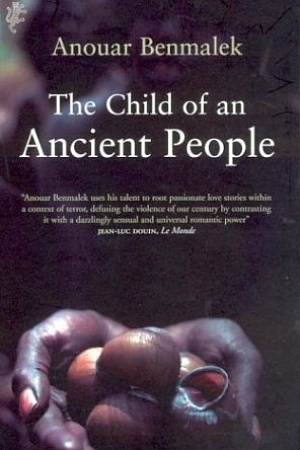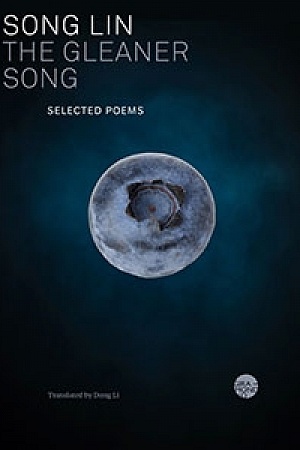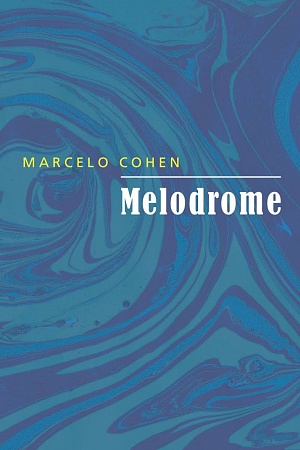The Discreet Hero
Faber and Faber, $29.99 pb, 326 pp, 9780571310715
The Discreet Hero by Mario Vargas Llosa translated by Edith Grossman
Mario Vargas Llosa is one of the marvels of contemporary fiction. The Peruvian Nobel Prize winner not only bestrides it like a colossus, he is also a law unto himself. It is as if he takes the legacy of a realism that is only in his hands magical (because of the enchantment he creates from it) as a kind of blank cheque with which he can license any expense of narrative in a waste of flaming invention. Except that it’s not waste; his plotting is a remarkable thing as he keeps the wheels of invention turning.
I remember being staggered by the poignancy as well as the steadiness of vision in The Bad Girl (Travesuras de la niña mala,2006), in which a kind of chronicle became a many-gabled mansion of desire and memory. What was it Lytton Strachey called Shakespeare’s last plays? ‘Dotages’: adding injury to the insult of Ben Jonson’s ‘mouldy old tales’. Well, there is an aspect to the work of the seventy-nine-year-old writer which is supremely relaxed, easy and doodling and constantly fiddling with his own surfaces and lines of narrative expectation in a way that suggests the bard in his Prospero phase: desert islands, conscious illusions and their implied metaphysics, the drowning of books. He writes as a great chef improvises, throwing pineapple and garlic together because you can make the paella from any damn thing if the basics are there and you can imagine the equation of a flavour from any incongruity of elements.
Continue reading for only $10 per month. Subscribe and gain full access to Australian Book Review. Already a subscriber? Sign in. If you need assistance, feel free to contact us.








